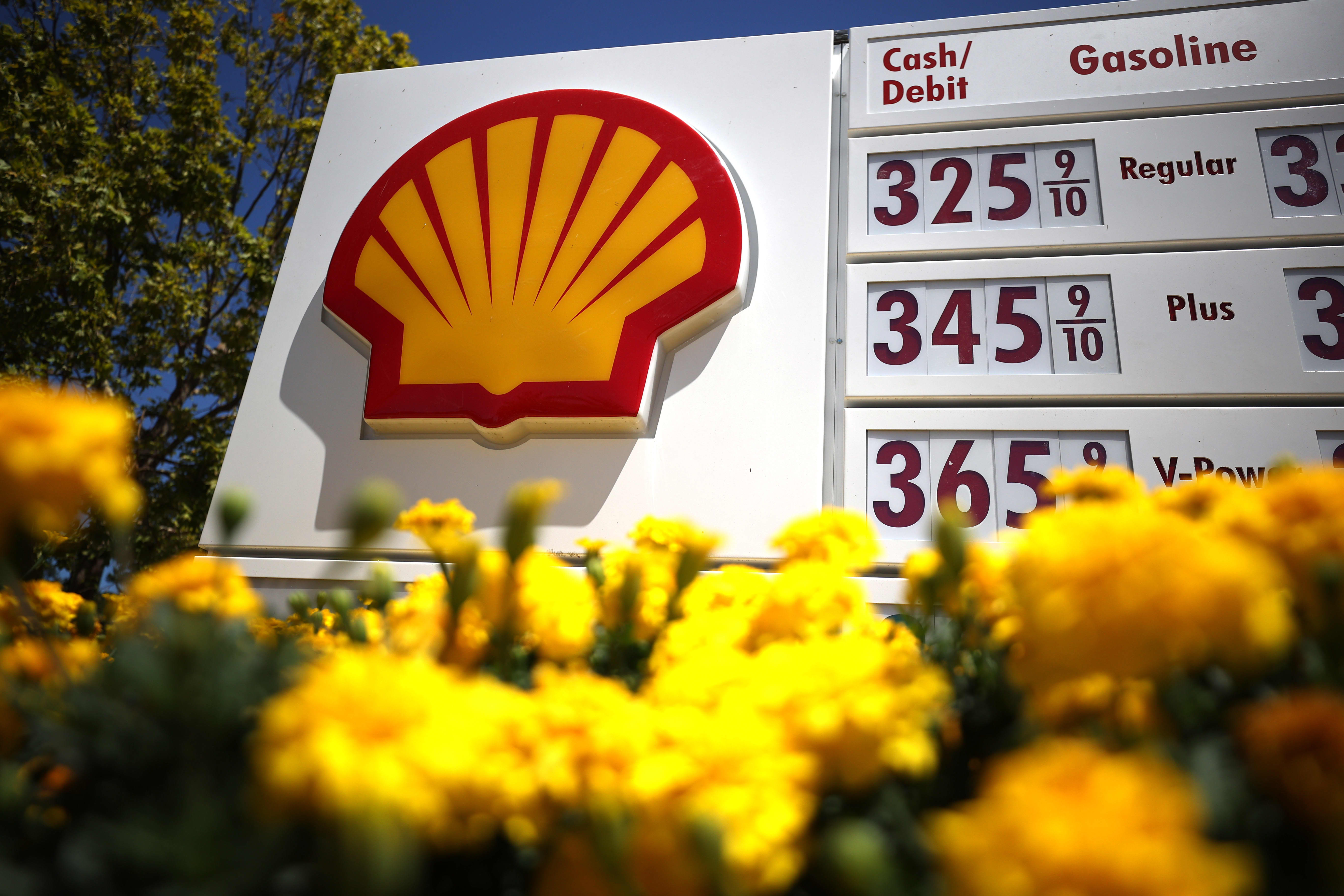Shell to stop all Russian oil and gas purchases, apologizes for buying shipment after Ukraine invasion

The Shell logo is displayed in front of a Shell gas station on July 30, 2020 in San Rafael, California. Royal Dutch Shell reported second quarter adjusted earnings of $638 million compared to a net profit of $3.5 billion one year earlier.
Justin Sullivan | Getty Images
Oil major Shell on Tuesday apologized for a buying a heavily discounted consignment of Russian oil and announced it was withdrawing from its involvement in all Russian hydrocarbons.
“As an immediate first step, the company will stop all spot purchases of Russian crude oil. It will also shut its service stations, aviation fuels and lubricants operations in Russia,” it said in a statement.
On Friday, Shell purchased 100,000 metric tons of flagship Urals crude from Russia. It was reportedly bought at a record discount, with many firms shunning Russian oil due to Moscow’s unprovoked invasion of its neighbor. The purchase did not violate any Western sanctions.
The company faced heavy criticism for the purchase, including from Ukraine’s Foreign Minister Dmytro Kuleba, who has urged companies to cut all business ties with Russia.
Shell CEO Ben van Beurden said Tuesday that the company was “acutely aware that our decision last week to purchase a cargo of Russian crude oil to be refined into products like petrol and diesel – despite being made with security of supplies at the forefront of our thinking – was not the right one and we are sorry.”
Speaking to CNBC last week, Kuleba launched a scathing attack on firms still doing business with Russia, saying that some major oil companies could find themselves on the wrong side of history.
“The world will judge them accordingly. And history will judge them accordingly,” he told CNBC’s Hadley Gamble.
Shell has already said that it intended to exit its joint ventures with Russian gas giant Gazprom and its related entities, and it stated over the weekend that it would commit the profits from the discounted Russian oil to a fund dedicated to humanitarian aid for Ukraine.
Van Beurden added on Tuesday that the societal challenges thrown up by the Russia-Ukraine war “highlight the dilemma between putting pressure on the Russian government over its atrocities in Ukraine and ensuring stable, secure energy supplies across Europe.”
“Ultimately, it is for governments to decide on the incredibly difficult trade-offs that must be made during the war in Ukraine. We will continue to work with them to help manage the potential impacts on the security of energy supplies, particularly in Europe,” he added.




